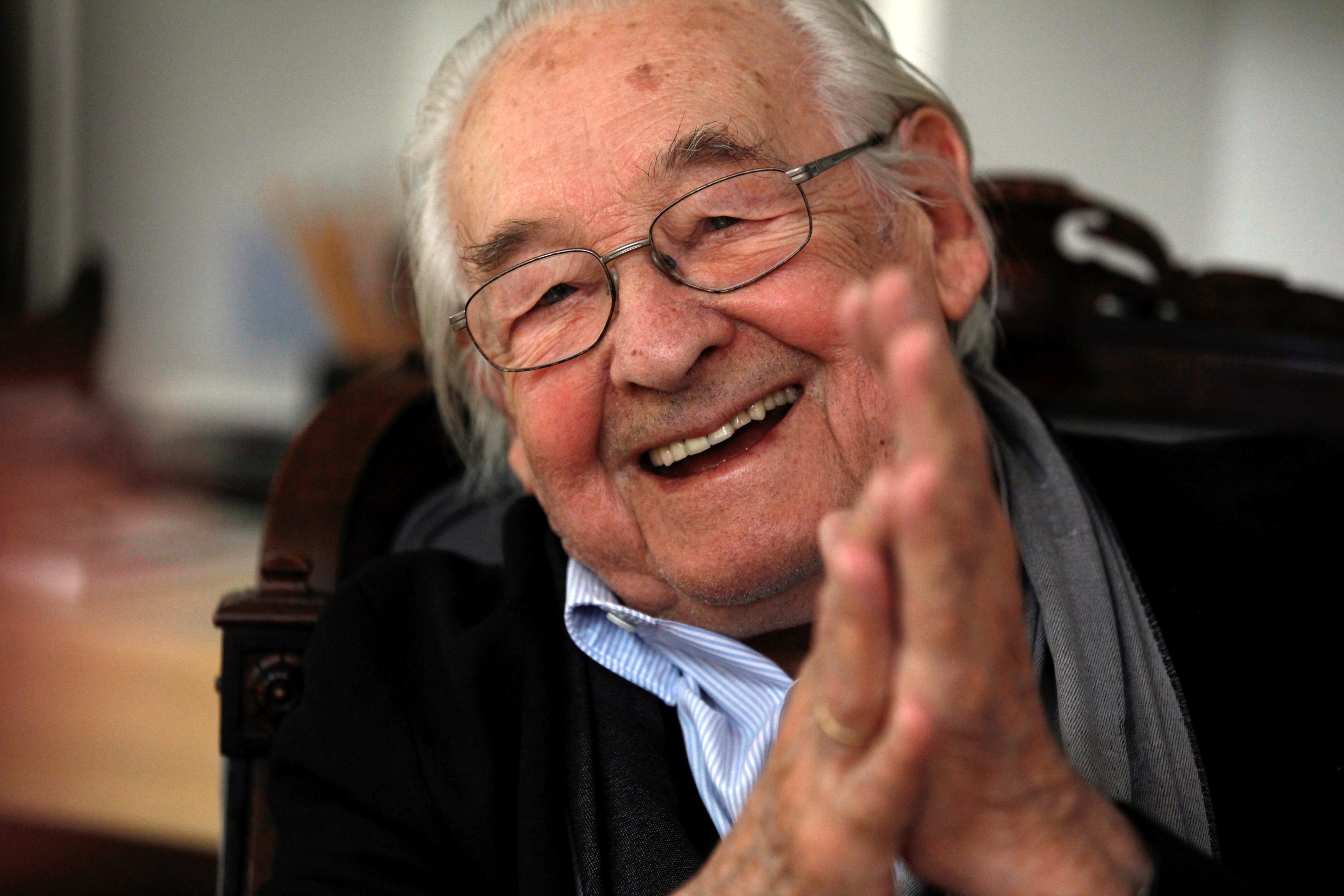Polish film director Wajda dies aged 90
One of Poland's most famous film directors, Andrzej Wajda, has died at the age of 90.
Fans, film-makers and political leaders went online to pay tribute to the man whose work focused on Poland's culture and history. One of his best-known releases, 1957's "Canal", showed the struggle of the Polish underground army in the Warsaw uprising.
"We all stem from Wajda. We looked at Poland and at ourselves through him. And we understood better. Now it will be more difficult," Poland's former prime minister and the current head of the European Council, Donald Tusk, said on social media.
Wajda, who died on Sunday night, received an Academy Honorary Award in 2000 in recognition of five decades of work. His films won a Palme d'Or at the Cannes film festival, a Silver Bear at the Berlin International Film Festival and four nominations for Academy Awards, among other prizes.
"He was one of the greatest Polish artists, one of the best known in the world. Poland was his passion," film director and head of the Polish Filmmakers' Association Jacek Bromski told TVN24 broadcaster.
"For us, for the community, he was a pillar of strength, everybody gathered around him. He was always present in the life of the film-making community, he was a mentor, a paragon."
Wajda's 1975 film "The Promised Land", told the story of a Pole, a German and a Jew trying to build a factory in the nineteenth-century city of Lodz, now in central Poland.
His 1977 film "Man of Marble" was censored by Communist officials angered by its portrayal of political corruption in the early 1950s Stalinist period, shown through the fall from grace of a Stakhanovite bricklayer.






